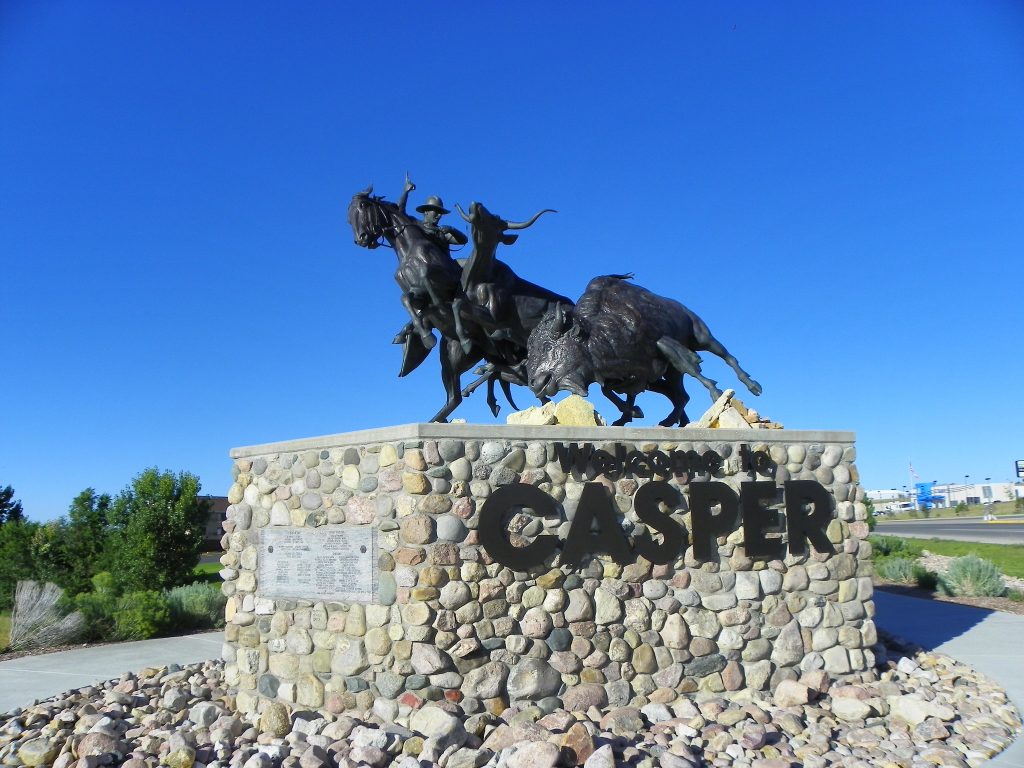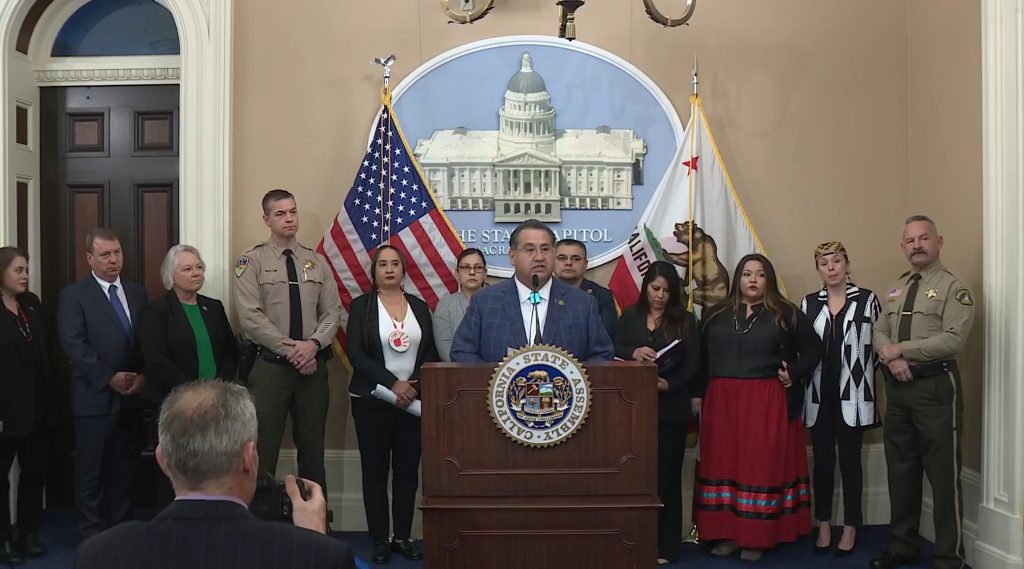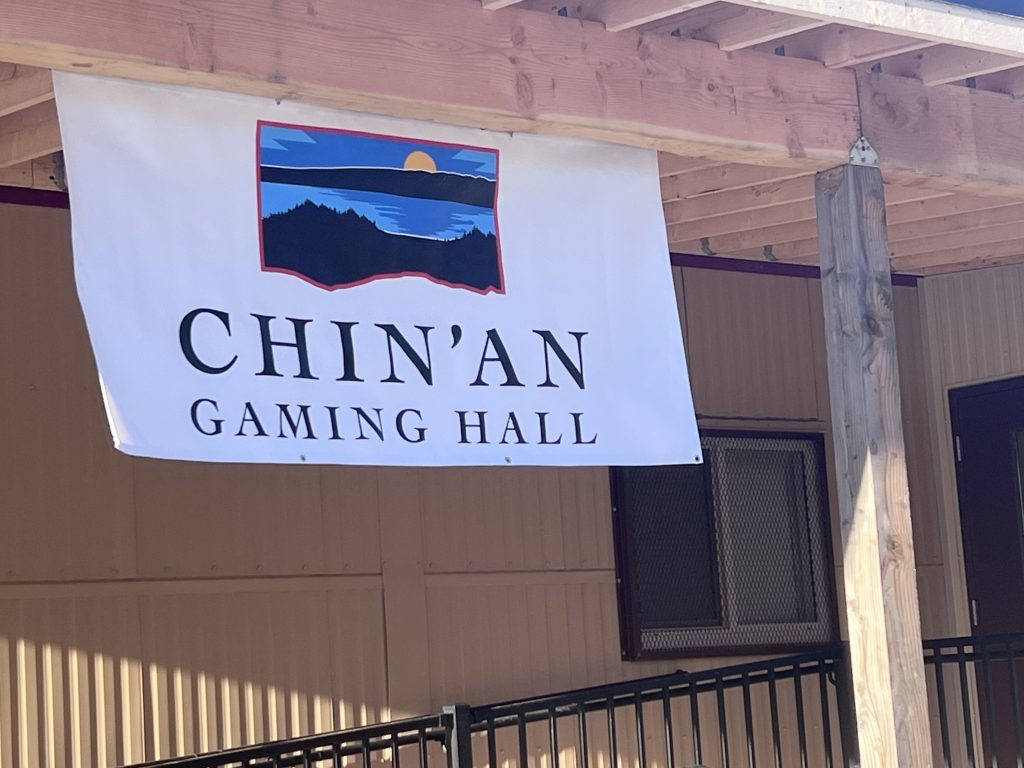Podcast: Play in new window | Download | Embed
Over a decade has passed since the initial proposal of a Rapid City, S.D. Indigenous community center.
Now, at last, it approaches reality with a looming hearing and fundraising push.
SDPB’s C.J. Keene reports.
It’s a project well over 70 years in the making – a community center catering the large Indigenous population of the Black Hills, while offering other community members a place to learn and engage.
Cante Heart is the executive director of He Sapa Otipi, the organization seeking to build this center.
While they have six acres and $9 million in Vision Fund grant money, the work isn’t yet finished.
“We do need to match the funds in order to access them, so we’re launching out capital campaign. Right now, we are raising $3 million to access those funds, and it’s primarily for construction only.”
Heart says this represents a chance at community healing.
“All the way back to the Winona Club for a group of grandmothers who cared about their community – who wanted a better community – because of the high tension between race relations in Rapid City. There never was a great relationship between Natives and non-Natives, so we believe it’s up to us as the new generation to create a new relationship in Rapid City. We thank all of the grandmothers and those who have created efforts to create a community center that’s been long needed for over 70 years.”
The Winona Club long advocated for a center of this kind in the mid-20th century, alongside the Sioux Addition Civic Association.
He Sapa Otipi seeks to at last complete that vision.
“It’s really going to bring our community together and highlight that we are more alike than we are different, because we all want a better future for our children, we want a safe place for our families to grow up and raise our children. That’s something we all have in common. This place will really highlight our Lakota values and what we practice every day. It’s important that we share our Lakota ways with our community.”
The plot of land is found just north of the Uptown Rapid shopping mall, and the timeframe is dependent upon funding.

Yurok Nation member Chah-pekw Jonny burns dead grass to prepare the land for native seed planting at Sakari Farms in March 2022. (Courtesy Joe Whittle)
Joe Whittle, a Native American photojournalist, is promoting a “Land Back” movement across the U.S. for territory ceded or taken during colonization.
Whittle is a member of the Caddo Nation of Oklahoma, and descendant of the Delaware Nation.
A former backcountry wilderness ranger for the U.S. Forest Service, he’s proposing that the federal government return public lands due to violating every treaty signed with Indigenous peoples.
He says another reason is that traditional ecological knowledge can benefit the environment.
“Data shows that Indigenous people are better and more sustainable stewards of the land than private industry or the United States government has ever been, due to how deeply embedded in U.S. politics private industry has become on public lands.”
Whittle’s argument recently appeared in TIME Magazine.
He’s hoping an inspired attorney might take the federal government on and force a settlement similar to the Cobell vs. Salazar lawsuit in 2009, where the government was found to have violated its trust duties to tribes.
And on this day in 1701, William Penn, Proprietary and Governor of the Province of Pennsylvania and Territories, and several regional tribes including the Iroquis, jointly established what’s known as the “Articles of Agreement.”
The purpose was to determine territories and form cooperation between both the Native people and the early British settlers of the territories.
Penn was a Quaker fleeing religious persecution in England, who felt it was beneficial to negotiate and work with the tribes.
Get National Native News delivered to your inbox daily. Sign up for our daily newsletter today.

















